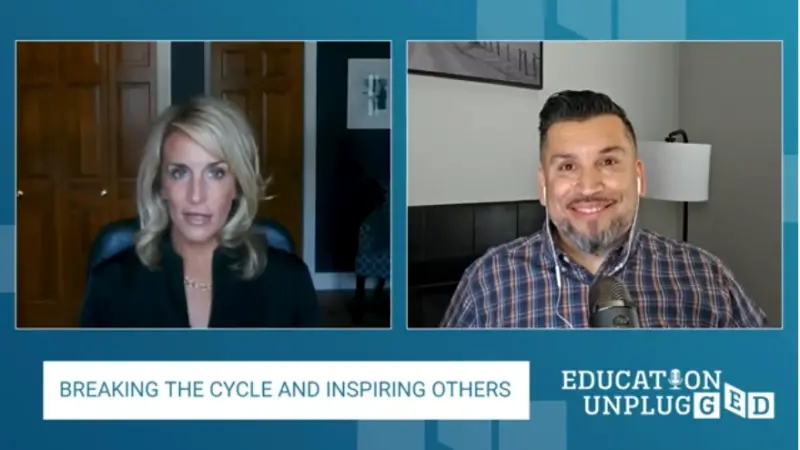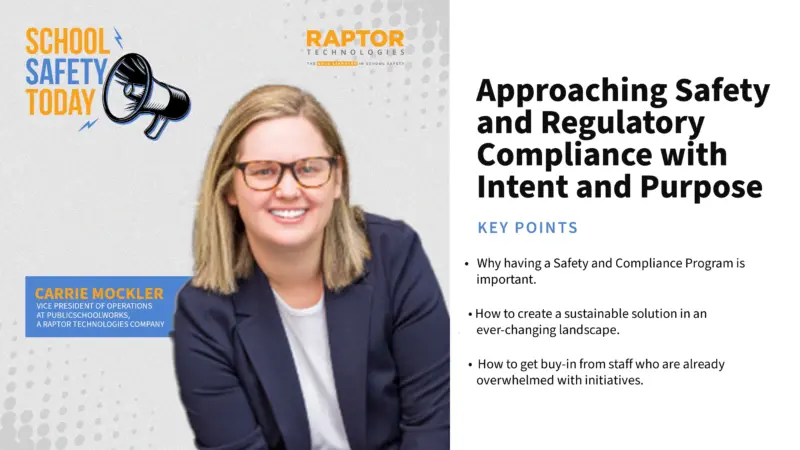Building Better Pathways to Advance Opportunities
How many schools did you consider when deciding what college to attend, if you went that route? Twenty, ten, five, or two? Maybe you already knew the one you would attend from the start. But guess what? There are almost 4,000 schools, including branch campuses, where you can earn an undergraduate degree in the U.S. With the decision of which of the 4,000 schools to choose, there’s also the pressure of choosing one that will set you up for the best financial success, considering the average federal, not private, school loan debt for undergraduates is $37,574.
With so many choices and so much college debt floating around, how is a potential college student to know which program at which school will set them up for the most career and financial success?
On today’s episode of The Future of Education, host Michael B. Horn speaks with Matt Sigelman, President of The Burning Glass Institute, to talk about how college rankings play into the financial success of graduates, and how students can choose the best school for their personal pathway to set them on the ideal fiscal journey.
With the average cost of an in-state four-year public degree for a student living on campus is $102,828 and the average cost of a private, four-year nonprofit degree is $218,004. So, it’s safe to say that students need to pay close attention to how much they will be paying and how much their income projections post-grad are to allow them to make the right school and program choice.
“I don’t believe that the world necessarily needs more college rankings. But I do believe that learners deserve transparency into the kind of outcomes they can expect. Not every student going into school knows what she wants to do on the other side…But for those who do have an ambition, and I think that’s increasingly important, given the high cost of college debt that students find themselves saddled with—how do you know which schools are going to place you farthest toward that ambition?” said Sigelman.
Horn and Sigelman also discussed…
- Some of the top and bottom university performers in graduate earnings by disciplines
- How social capital plays into post-graduate earnings
- Which pathways individuals will have more financial success with by not pursuing a degree
“The success of graduates is defined at a three-way intersection between the program that set your major, the school you go to, and the skills you acquire,” Sigelman explained. He added, “So, there is a big difference in any program of study between where you’re at a highly selective institution or a non-selective institution. There’s also a big difference between what program of study you’re in … You would rather be a tech or engineering major at a totally non-selective institution, at a regional public or four-year community college, or what have you, than pretty much any other major at the most selective institutions.”
Matt Sigelman is the President of The Burning Glass Institute, Chairman of Lightcast, and Visiting Fellow at Harvard University Kennedy School of Government. He has been published numerous times in high-profile publications such as The Wall Street Journal, Harvard Business Review, The Hechinger Report, and the American Enterprise Institute. Sigelman attended Princeton University, where he earned an AB from the Woodrow Wilson School of Public and International Affairs, and Harvard Business School, where he earned his MBA.



